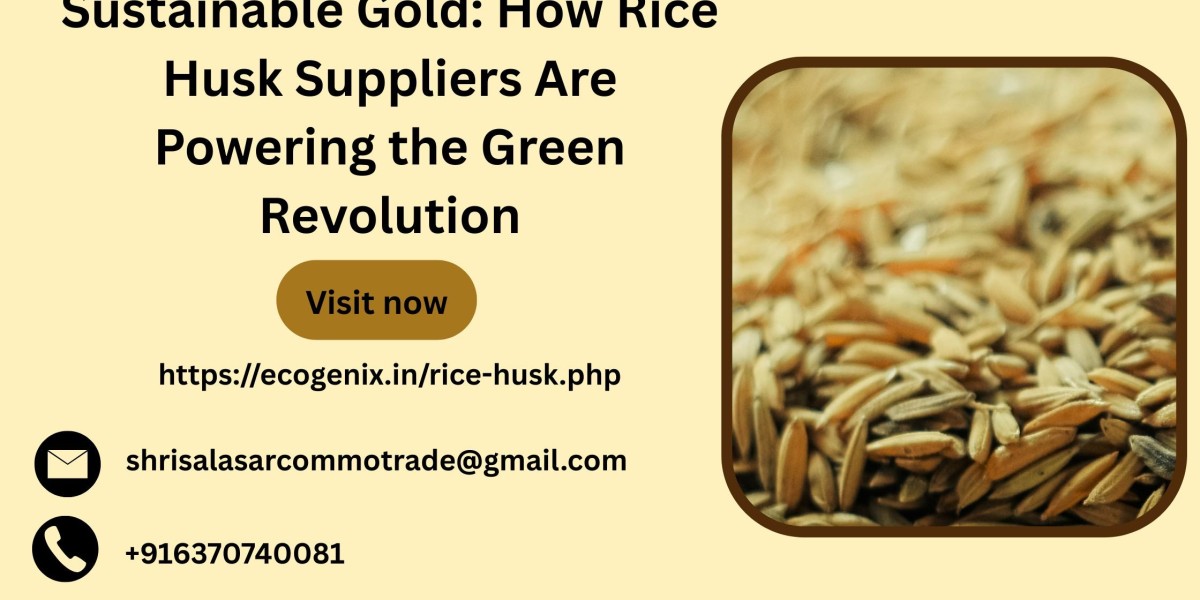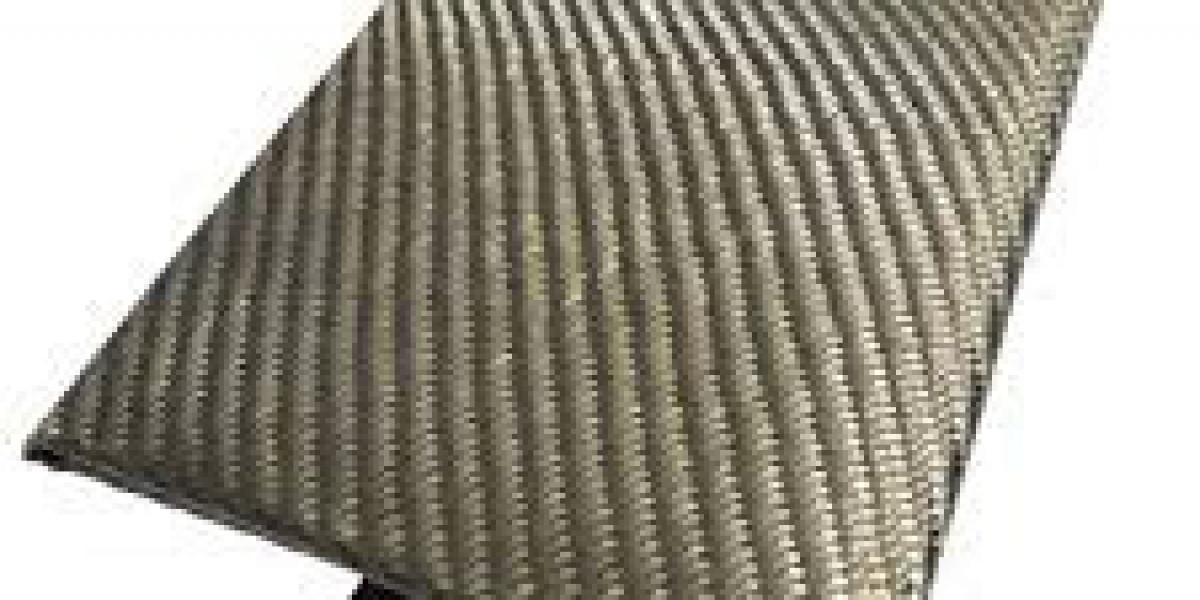Introduction
In an era dominated by environmental concerns and the pressing need for sustainable practices, the spotlight increasingly turns to industries that find value in agricultural waste. Among the various types of agro-waste, rice husk, often discarded as a by-product, has emerged as a silent champion of sustainability. But what drives this transformation? Behind the scenes, rice husk suppliers are vital in converting agricultural residue into an eco-friendly treasure.
This article delves deep into the unique role of rice husk suppliers, exploring how they are fueling green innovations across sectors, supporting circular economies, and contributing to global sustainability goals.
What is Rice Husk?
Rice husk, also known as rice hull, is the protective outer layer of rice grains removed during the milling process. For every 1000 kg of paddy milled, roughly 200 kg of rice husk is produced. Rich in silica, it is lightweight, abrasive, and resistant to natural degradation characteristics that make it both a challenge and an opportunity.
Traditionally burned or dumped, rice husk is now being repurposed in several eco-friendly applications, thanks to the vision of innovative rice husk suppliers.
The Rise of Rice Husk as a Sustainable Resource
A decade ago, rice husk was often viewed as waste. Today, it’s a bio-based goldmine. The transition has been driven by rising demand for renewable energy, biodegradable materials, and carbon-neutral solutions.
Rice husk is now being used to:
Generate biomass energy
Manufacture eco-bricks and boards
Produce biochar and activated carbon
Replace wood and plastic in packaging
Enrich the soil in sustainable farming
Act as insulation and filler in construction
This evolution is largely supported by rice husk suppliers, who act as key intermediaries in collecting, processing, and distributing husk-based materials to industries worldwide.
The Role of Rice Husk Suppliers in the Circular Economy
A circular economy thrives on the reuse and regeneration of resources. Rice husk suppliers are critical enablers of this cycle. Their operations ensure:
Waste Collection at Source: Partnering with rice mills and paddy farms to collect husk before it is discarded or burned.
Processing for Purpose: Crushing, pelletizing, or refining rice husk depending on its final use—whether for fuel, filler, or fertilizer.
Supplying to Multiple Sectors: Creating supply chains that link rice husk to bioenergy plants, eco-construction firms, agri-tech ventures, and packaging innovators.
This interconnected ecosystem wouldn’t function efficiently without the coordination and efforts of rice husk suppliers who understand market trends and sustainability goals.
Key Industries Benefiting from Rice Husk Suppliers
Renewable Energy
Biomass energy generation is one of the primary uses of rice husk. Suppliers provide processed husk to power plants and small-scale biomass boilers, reducing dependency on fossil fuels. Husk-derived energy helps lower greenhouse gas emissions and provides a sustainable power source in rural areas.
Construction and Green Building
In the construction sector, rice husk is used in creating eco-panels, insulation boards, and even eco-cement. Suppliers ensure the husk is processed to meet the moisture and density requirements of the building industry. These husk-based materials are durable, fire-resistant, and cost-effective.
Agriculture
Biochar, produced from husk, is widely used to improve soil fertility and retain moisture. Suppliers work with agro-industries to ensure farmers have access to this rich organic material, promoting sustainable agriculture.
Packaging and Consumer Goods
Innovators are using rice husk to create biodegradable containers, plates, and packaging material as alternatives to plastic. Suppliers play a crucial role in offering the consistent quality of husk needed for smooth production.
Activated Carbon and Filtration
Rice husk ash is a source of high-quality silica and carbon used in water filtration and air purification systems. Suppliers provide purified ash and carbon to manufacturers across the environmental and chemical industries.
Challenges Faced by Rice Husk Suppliers
Despite the growing demand, rice husk suppliers face several operational and logistical hurdles:
Seasonal Availability: Rice husk is largely available after harvest seasons, which can create supply chain inconsistencies.
Storage Issues: Rice husk is bulky and flammable, requiring specialized storage facilities.
Transportation Costs: Being lightweight yet voluminous, husk incurs high transportation costs.
Lack of Awareness: Many industries still view husk as waste, limiting potential markets.
Technology Gaps: Some suppliers lack access to modern machinery for refining and treating husk efficiently.
Addressing these issues will require public-private collaboration, better infrastructure, and awareness campaigns.
Innovations Driven by Rice Husk Suppliers
As demand rises, rice husk suppliers are not just raw material handlers—they are becoming innovators. Some of the most promising innovations include:
Pelletization: Converting loose husk into dense pellets for fuel use.
Nano-Silica Extraction: Supplying industries with high-purity silica from rice husk ash.
Carbon Credit Trade: Participating in carbon offset programs by reducing emissions through husk usage.
Custom Formulations: Blending rice husk with other biomaterials for unique product requirements.
Mobile Husk Units: Portable machinery that processes husk on the farm or mill site.
These innovations help reduce waste, add value, and make sustainable alternatives accessible and scalable.
How Businesses Can Partner with Rice Husk Suppliers
If you're in an industry that values sustainability, partnering with rice husk suppliers can offer multiple benefits:
Stable Supply of Eco-Material
Compliance with Green Regulations
Lower Costs vs. Traditional Materials
Improved ESG (Environmental, Social, Governance) Scores
When selecting a supplier, consider factors like their sourcing methods, certifications, processing capabilities, and scalability.
Future Outlook: What’s Next for Rice Husk Suppliers?
The future looks promising as sustainability becomes more than a trend; it’s a necessity. Emerging technologies like AI-based logistics, blockchain traceability, and waste-to-energy systems will further empower rice husk suppliers.
With growing investment in bio-materials and the global push for net-zero emissions, rice husk suppliers are poised to become key players in the bio-economy.
Note:- Purchase affordable rice husk ash in India
Conclusion
Rice husk may once have been considered waste, but today it stands at the forefront of environmental innovation. Rice husk suppliers are the unsung heroes turning this humble by-product into a powerhouse of sustainable possibilities. Whether it’s lighting up homes, building green cities, or cleaning our air and water, their contributions are far-reaching and vital.
As we move toward a greener future, supporting and recognizing the role of rice husk suppliers is not just wise, it’s essential.







